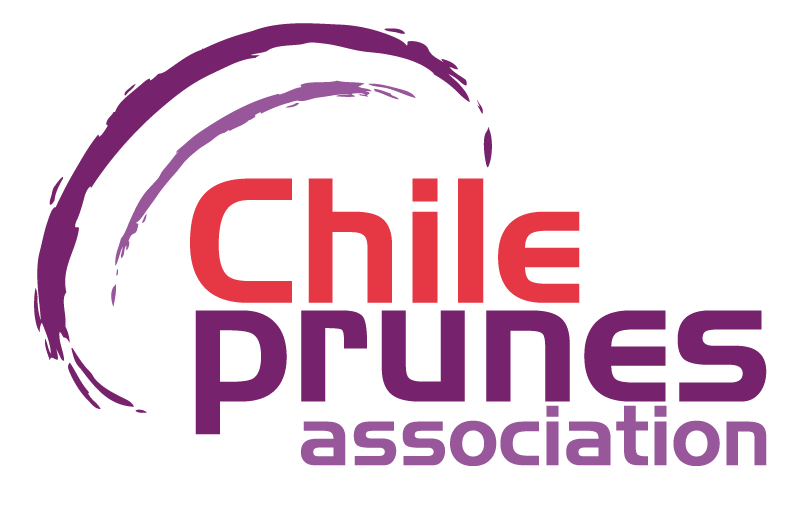A team formed by the Regional Center for Healthy Food Studies (CREAS), Chileprunes and Procesadora del Maipo,seeks to establish a standardized process that allows to improve the organoleptic quality of prunes and decrease or eliminate the use of synthetic preservative, mainly potassium sorbate.
This, by obtaining resources from the Fund for the Promotion of Scientific and Technological Development (FONDEF), after presenting the project “Development of a process for the reduction and / or replacement of potassium sorbate in dehydrated and tenderized prunes”.
Without such a move, Chile’s prunes industry – the world’s leading exporter – would face a major dilemma in a few years. Although, to date, the presence of potassium sorbate has not limited exports, the new food regulations to be implemented in the countries of destination would affect our production, because it seeks to reduce in whole or in part (to less than 50% of what is currently stated by Chilean companies) the presence of this compound in the food , according to a report made by CREAS.
“This is a barrier to the entry of the domestic product, and a direct effect on competitiveness against other producers who do not use this preservative,” says Pedro Acuña, Executive Director of Chileprunes.
This processed fruit has a high content of carbohydrates and water that can promote the growth of microorganisms (mainly molds), so, to ensure the safety of the food over time, it usually use potassium sorbate as a preservative, giving a shelf life of at least 12 months to the product.
Alejandro Osses, manager of the Regional Center for Healthy Food Studies (CREAS), explains that “the application of potassium sorbate is currently carried out using spray techniques, producing heterogeneous levels that do not make it possible to clearly define the amount of this preservative in the final product, but which is estimated to be high (between 500 – 3,000 ppm) and, in addition, the different producers/exporters of prune have different levels of development and competitiveness”.
Considering the current tendency of consumers to purchase natural foods (without chemical/synthetic preservatives), CREAS suggests the need to decrease the application of this compound through the use of special equipment for homogeneous application, and/or replace it with naturally sourced products – such as organic acids – while maintaining both the shelf life of the current product and the organoleptic quality of prunes.
In recent years, Chile has been the world’s leading exporter of prunes. In 2019, its exports were 68,895 tonnes, equivalent to US$ 145 million, according to figures delivered by the United Nations International Trade Centre (ITC).
On average, Chile ships to more than 70 countries where the top 10 destinations in 2019, based on value exported, were Mexico, Poland, Russia, United Kingdom, China, Germany, Italy, Brazil, Spain and the Netherlands.
Source: Chile Prunes



